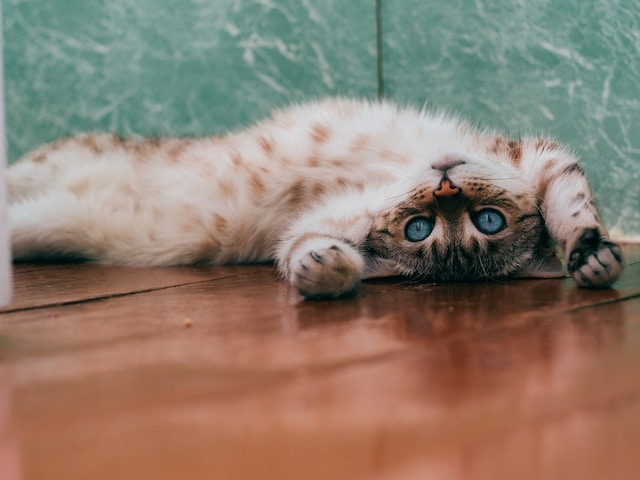
One of the most cherished pet species worldwide is the cat. They are wonderful companions because they are cute and energetic. But caring for a cat demands a lot of time and patience. Understanding your cat’s behavior will help you provide the right nourishment, grooming, litter box training, and medical attention. We will offer professional advice for cat owners in this blog article to assist them in taking care of their feline companions.
Cats’ behavior might differ significantly from that of other pets. The fact that cats are territorial creatures is among the most crucial things to understand about them. People prefer to live in a place they can call home. As a result, it’s crucial to give them a warm and welcoming location, such as a bed or a cardboard box.
Cats are renowned for grooming themselves as well. It is crucial to assist them in maintaining proper hygiene because they spend a lot of time cleaning themselves. Their coat may be kept bright, healthy, and free of knots or mats with regular grooming sessions. Moreover, pay attention to your cat’s nonverbal cues. They might not be feeling well if they are displaying signs of fear or hostility.
Furthermore, proper nourishment is essential to your cat’s health and well-being. A well-balanced diet can aid in the prevention of health issues like obesity and digestive difficulties. It’s crucial to choose cat food with high-quality components that offer necessary nutrients, including protein, vitamins, and minerals. While choosing a diet for your cat, you also need to take into account their age, weight, and degree of exercise.
It’s crucial to provide your cat with food on a regular basis. Cats typically choose to eat several smaller meals throughout the day as opposed to one major meal. Also, you must always provide clean water for your cat to stay hydrated. Finally, keep in mind that feeding your cat human food may be unhealthy for them.
From brushing to bathing, grooming your cat
Frequent grooming sessions can aid in avoiding skin issues, mats, and hairballs. It’s a great idea to brush your cat’s coat to get rid of loose hair, grime, and debris. Also, it can assist in distributing natural oils throughout their coat to maintain their health and radiance.
Although it’s not always necessary, giving your cat a bath occasionally can be beneficial. For instance, bathing your cat can help calm its skin and get rid of parasites if they have fleas or skin issues. Use a gentle shampoo made especially for cats when bathing your cat, and be sure to rinse well. To prevent a chill, be careful to completely dry your cat.
Litter box training is a further crucial point. Cats are naturally hygienic creatures, and they favor using a tidy litter box. To begin litter-training your cat, provide a clean, cozy litter box in a peaceful, convenient spot. Choose a litter that your cat enjoys, as some cats have specific litter preferences.
Scooping the litter box every day and replacing the litter once a week is vital when it comes to litter box care. By doing so, litter box issues like odor or aversion can be avoided. If you have several cats in your home, you should think about providing multiple litter boxes.
Health advise and the best toys
There are many different sizes and types of cat toys, ranging from balls and strings to puzzles and interactive toys. Toys that are safe for your cat and fit their preferred play style should be selected. For instance, some cats prefer toys that they can chase, whereas others prefer toys that they can swat around.
Playing with your cat can help you avoid either aggression or destructive behavior. Also, it can help keep kids fit and active, avoiding obesity and other health issues.
Cats can have health issues just like other pets. Dental troubles, urinary issues, and digestive issues are some of the most prevalent health conditions. It’s crucial to monitor your cat’s health and take them to the vet frequently for checkups and preventative care.
See a vet as soon as possible if your cat is sick and has symptoms like throwing up, diarrhea, or acting tired. Early diagnosis and treatment can help your cat live a better life and avoid serious health problems.
Cat behavior modification and training
Cat training and changing your cat’s behavior can also help your cat act better and stop behavior problems. Positive reinforcement is one of the best methods for cat training. When your cat behaves well, such as by using the litter box or its scratching post, you can reward it.
If your cat is acting out in bad ways, like being aggressive or breaking things, you can try to change his or her behavior. This entails figuring out what’s causing the behavior and putting solutions in place to help your cat manage it. In some circumstances, medication can be required to control your cat’s behavior.
